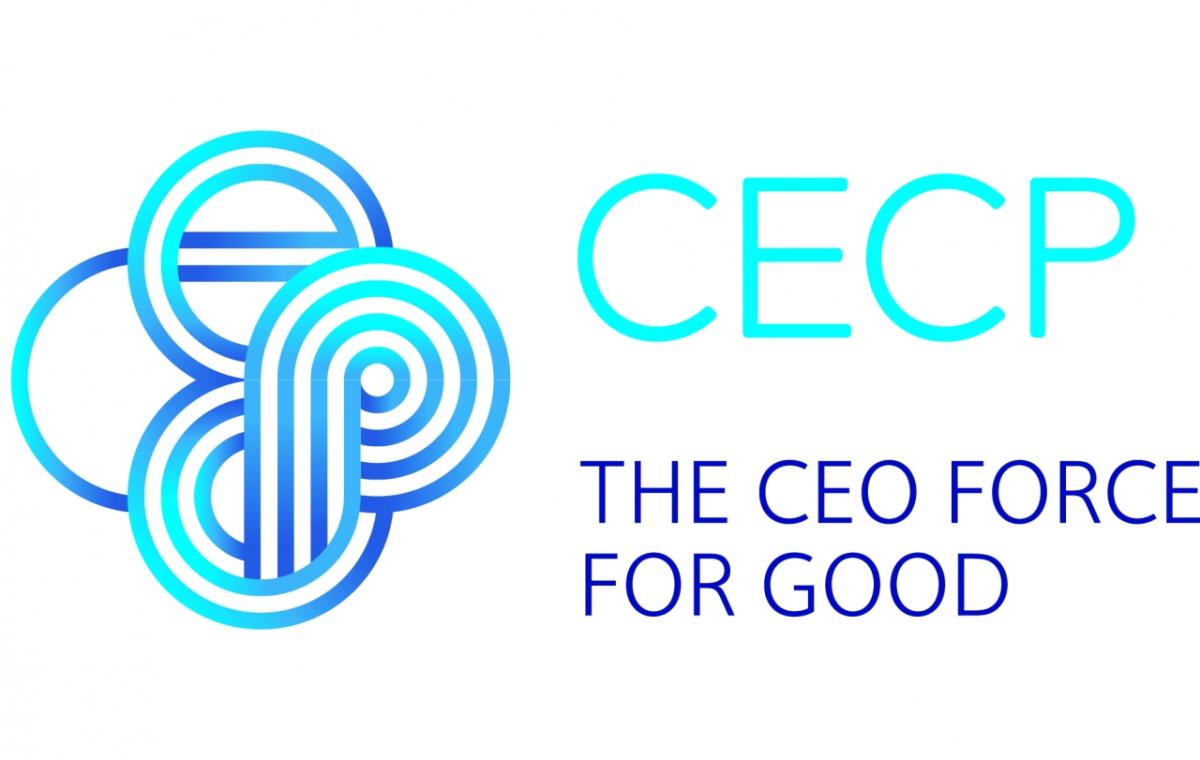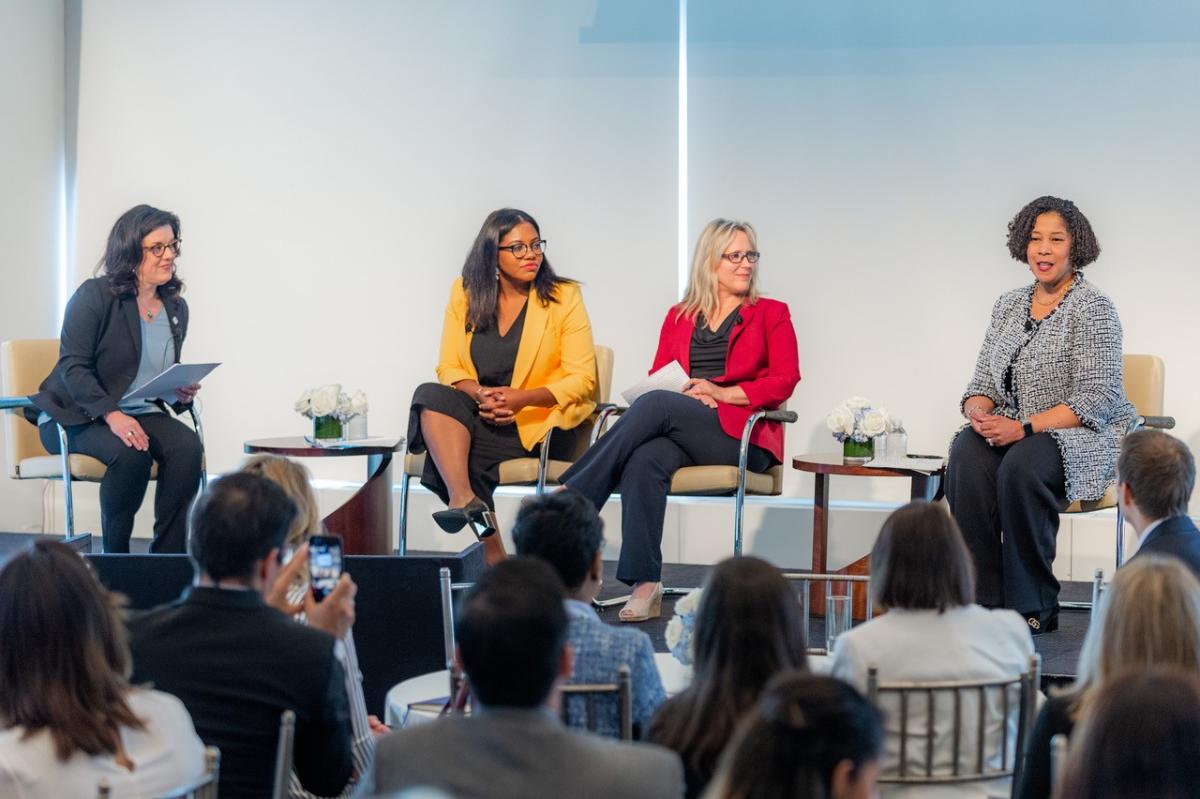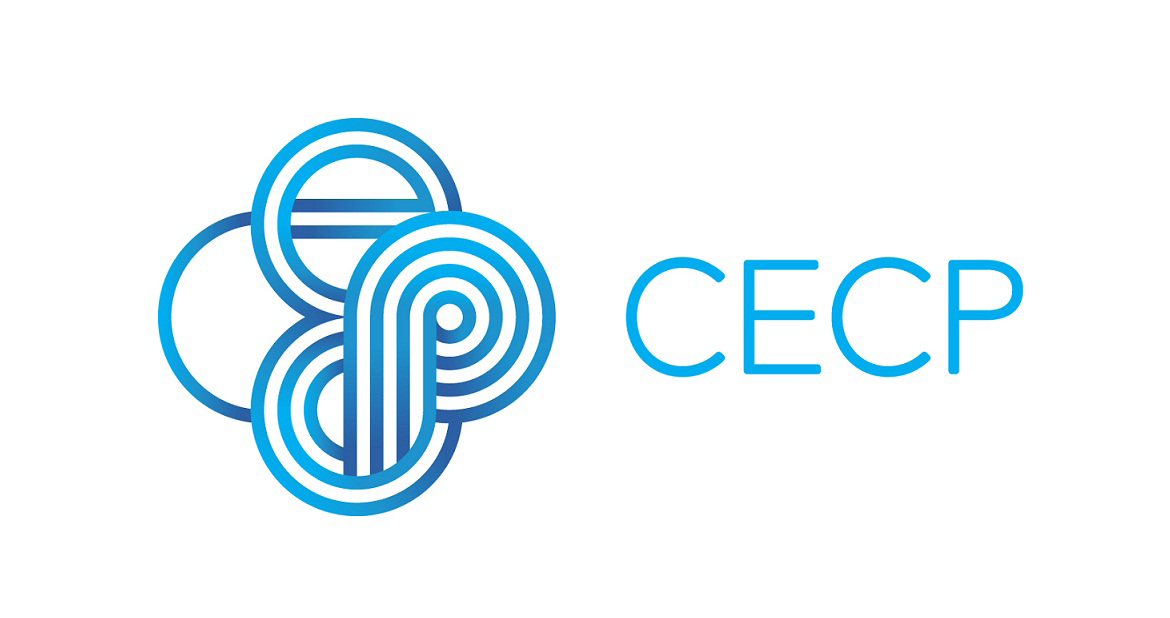Insights Collection Delivers a Far-Reaching Assessment of Company Actions as They Respond to New Global Challenges
Compendium of data, research, and case studies illustrates innovations in corporate efforts to solve the world’s most pressing problems
NEW YORK, July 30, 2018 /3BL Media/ — In an effort to provide a comprehensive view of the private sector’s activity in the Corporate Societal Engagement (CSE) space, CECP has released the second annual Investing in Society, this time launched exclusively online. Developed from CECP’s original research, thought leadership, findings from the 2017 Giving in Numbers Survey, hundreds of monthly discussions with more than 200 of the world’s largest companies, conversations with leading experts, and on-the-ground practitioners, Investing in Society is a 360-degree view of the corporate sector over the past year. This insights collection delves into what actions companies are taking to identify and effectively meet stakeholder needs, and how leading companies are striving to build a better world through business.
The collection brings together CECP’s recent body of knowledge, drawing from survey results, blog posts, event summaries, goals, and impact metrics, all unifying around the theme that CECP companies are innovating in a world where roles and sectors are increasingly blurred.
“The last year has been extraordinary. Traditions have been upended. Instability has become the norm,” said Daryl Brewster, CEO, CECP. “Overwhelmingly, however, businesses have emerged as vital scaffolding, maintaining and increasing their commitments to stakeholders. Investing in Society offers a broad assessment of how companies across industries are engaging with communities and confronting critical global issues.”
Investing in Society guides site visitors through five areas of focus – Priorities, Performance, People, Planet, Policies – that leading companies are aligning their corporate social investment strategies with. Each section offers multiple compelling and practical examples of business at its best. While Investing in Society reviews many in detail, here are a few highlights:
- Embracing long-term sustainable value: Building on an ever-growing body of research that indicates companies run for the long-term outperform those focused on the next quarter’s returns, CECP’s Strategic Investor Initiative (SII) encourages CEOs to develop and communicate their multi-year strategies that include strategic priorities, significant stakeholders, and material environmental, social, and governance (ESG) risks. To date, over 20 CEOs from companies including Johnson & Johnson, Humana, BD, Medtronic, Unilever, Wells Fargo, and PG&E Corporation, have presented to investors representing over $25 trillion in AUM. CECP invites CEOs of publicly traded companies to learn more and present at the next CEO Investor Forum in September 2018.
- Taking public stands on key social issues: Activism led from the C-suite has grown to be an expected business practice. Leading CEOs and companies have risen to this heightened expectation, steering with their principles and taking a stand on issues, even controversial ones. The Edelman Trust Barometer found that 64% of the public say that CEOs should take the lead on change rather than waiting for government to impose it.
- Fostering a culture of diversity and inclusion: There has also been a marked increase in companies homing in on diversity and inclusion, recognizing that equitable workplaces foster a culture of trust and acceptance and are engines of prosperity. Truly, a diverse workforce offers companies a broad set of skills and experience, a boundless resource and competitive advantage. A study by Goldman Sachs found that companies with higher levels of female employees have seen an astounding average annual return–or alpha—of 3.3%. The powerful work being done by the CEO Act!on for Diversity and Inclusion and 450 CEOs of the world’s leading companies and business organizations is definitive evidence that it is in everyone’s best interests to lever individual and collective voices to advance diversity and inclusion in the workplace.
- Encouraging employee engagement: Companies are also infusing purpose into office culture by offering paid-release time volunteer programs and matching employee giving. These employee engagement strategies are yielding tangible results, reflected in 1.8 million volunteer hours logged in Salesforce in companies around the world. It is increasingly becoming the norm to volunteer through one’s company, as the top-quartile corporate-volunteer participation rate was 43% in 2017.
The digital collection is available for free on cecp.co. Investing in Society will be updated over the coming months so bookmark the page and check back for more insights. The 2018 edition of Investing in Society will be finalized in November 2018 with top trends that summarize the year for the corporate sector.
Note to Editors: CECP can coordinate interviews with Daryl Brewster, CEO, and Carmen Perez, Director, Data Insights, who are available for comment on the Investing in Society. Please contact Jackie Albano ([email protected]) to arrange interviews.
###
CECP: The CEO Force for Good:
CECP is a CEO-led coalition that believes that a company’s social strategy — how it engages with key stakeholders including employees, communities, investors, and customers —determines company success. Founded in 1999 by actor and philanthropist Paul Newman and other business leaders to create a better world through business, CECP has grown to a movement of more than 200 of the world’s largest companies that represent $7 trillion in revenues, $18.6 billion in societal investment, 13 million employees, and $15 trillion in assets under management. CECP helps companies transform their social strategy by providing customized connections and networking, counsel and support, benchmarking and trends, and awareness building and recognition.







